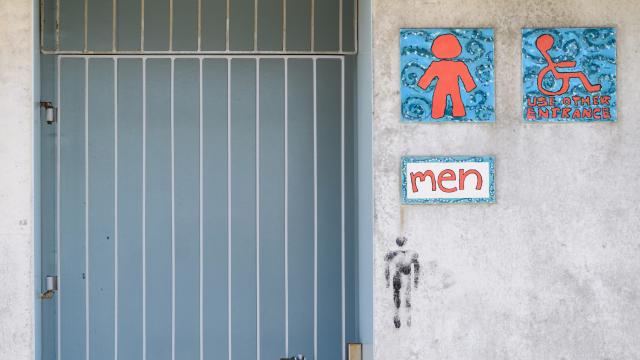New research out this week suggests that faeces can spread covid-19. The study found that infectious viral particles can survive in faecal matter taken from patients, but it’s still unknown how common a transmission path this might be.
Scientists have occasionally reported finding RNA traces of SARS-CoV-2, the coronavirus that causes covid-19, in the faeces of patients. But the PCR tests used to find the virus in these samples aren’t designed to tell us whether it’s “dead,” meaning still capable of infecting a new host. In a new report published Monday in Emerging Infectious Diseases, a journal run by the Centres for the Disease Control, doctors in China went that extra step.
They collected faecal samples from 28 patients, 12 of whom tested positive for the virus. They then tried to isolate the virus from three of these patients’ samples and grow it in the lab. They succeeded with two of the three patients, including a 78-year-old man who had recently travelled from Wuhan, China, became sick in mid-January, and died a month later. The man was the initial case studied by the authors.
The findings indicate “that infectious virus in faeces is a common manifestation of COVID-19,” they wrote.
If validated elsewhere, the results could carry some important implications for the pandemic moving forward. For instance, the authors found some indirect evidence that the faeces of a covid-19 patient might contain more of the virus than what’s typically expelled during breathing. That could make communal restrooms an even higher risk of transmission than other shared indoor spaces.
It probably isn’t the first time that a dangerous coronavirus has been spread by poop. During the 2002-2003 outbreak of SARS (caused by a coronavirus closely related to the one that causes covid-19), an outbreak in a Hong Kong apartment complex that ultimately infected over 300 people is theorised to have been sparked by the faeces of a single infected man, aided by poor plumbing that sent the virus airborne.
But there are other unknowns about the connection between poop and SARS-CoV-2. For one, we’re not sure if faecal-oral transmission (catching a germ from eating food contaminated with infectious faecal matter) is possible for this virus. But the lack of any cases so far tied to food makes that possibility more remote. That doesn’t exclude the threat of infection from breathing in tiny poop particles laced with the virus. As the earlier SARS outbreak suggests, the new coronavirus might still be able to infect us through poop that ends up aerosolised after toilet flushing—something scientists refer to as toilet plumes. Another potential source of transmission could be from touching your mouth, nose, or eyes right after touching contaminated surfaces in a bathroom. To better understand these risks, we’ll need to know just how infectious the excrement of someone with covid-19 really is and for how long.
As grossly scary as these findings are, though, they shouldn’t change our behaviour too much. Breathing in infectious droplets from someone else close by will likely remain the most common form of covid-19 transmission. Many of the same precautions taken to lower our risk of catching covid-19, such as avoiding public gatherings and regularly washing our hands, would apply whether the virus can spread from poop or not. For hospitals, though, that risk might require even more vigilance, according to the authors.
“Our findings indicate the need for appropriate precautions to avoid potential transmission of SARS-CoV-2 from faeces,” they wrote. “Discharge and hospital cleaning practices should consider this possibility for critically ill patients or those who died who had high viral loads and are more likely to shed infectious virus.”
